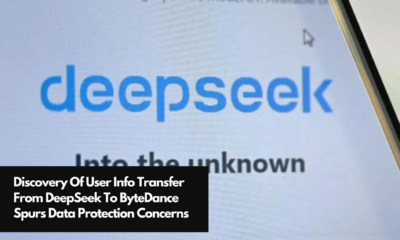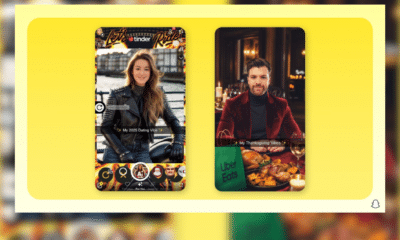Platform
U.S. Supreme Court Upholds TikTok Ban Law, But Platform Gets Reprieve
The U.S. Supreme Court unanimously upheld a law requiring Chinese ByteDance to sell TikTok’s U.S. operations by January 19, 2025, or face removal from app stores and web hosting services. The ruling rejected TikTok’s argument that the ban would violate First Amendment protections for its 170 million U.S. users.

According to BBC reporting, ByteDance announced it would not sell TikTok and plans to cease U.S. operations unless granted a reprieve. The platform’s immediate future rests with President-elect Donald Trump’s incoming administration, which assumes office on January 20.
National Security Concerns Drive Legislation
The law, passed in April 2024 with bipartisan support, mandates that Apple and Google stop offering TikTok to new users and discontinue security updates for existing users after the deadline. Congress cited national security concerns regarding TikTok’s data collection practices and relationship with China as justification for the legislation.
“There is no doubt that, for more than 170 million Americans, TikTok offers a distinctive and expansive outlet for expression, means of engagement, and source of community,” the Supreme Court stated in its ruling. “But Congress has determined that divestiture is necessary to address its well-supported national security concerns.”
The White House indicated that while President Biden supports keeping TikTok available under American ownership, implementation of the law will fall to Trump’s administration. Trump, who previously attempted to ban TikTok through executive order during his first term, now expresses a more favorable view toward the platform, citing its influence with young voters in the 2024 election.
U.S. Attorney General Merrick Garland supported the Supreme Court’s decision, stating that authoritarian regimes should not have “unfettered access” to Americans’ data. Cybersecurity firms report that TikTok can collect user data beyond in-app activity, though TikTok maintains it has never shared user data with Beijing.
The ban’s economic impact extends beyond ByteDance, affecting TikTok’s 7,000 U.S. employees and its content creator ecosystem.
TikTok’s Legal Battle
TikTok CEO Shou Zi Chew, who is expected to attend Trump’s inauguration, expressed gratitude for Trump’s willingness to work with the platform. The company’s legal team, led by Noel Francisco, argued unsuccessfully that the law would force TikTok to “go dark” unless ByteDance sold the app.
The ruling follows multiple legal challenges, including TikTok’s May 2024 lawsuit attempting to block the legislation and a separate August 2024 U.S. government lawsuit regarding children’s data collection. A federal appeals court previously rejected TikTok’s bid to overturn the law in December 2024.
Latest on TikTok’s Status: After a black-out that lasted about 14 hours, TikTok became operational again on Jan. 19, following Donald Trump’s post on Truth Social saying he would pause the law and extend a liability shield to tech companies that support TikTok, as the app’s future is worked out by his incoming administration.





















